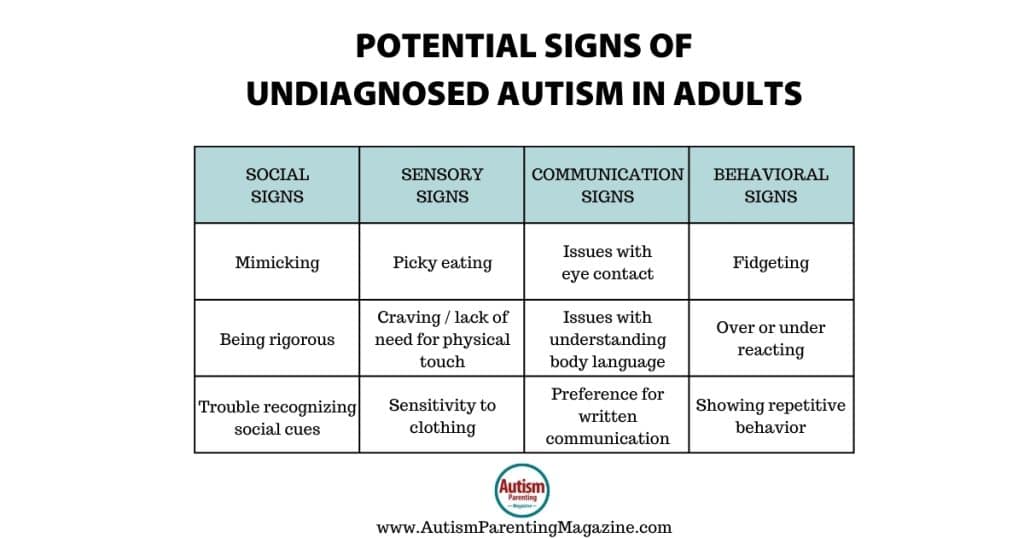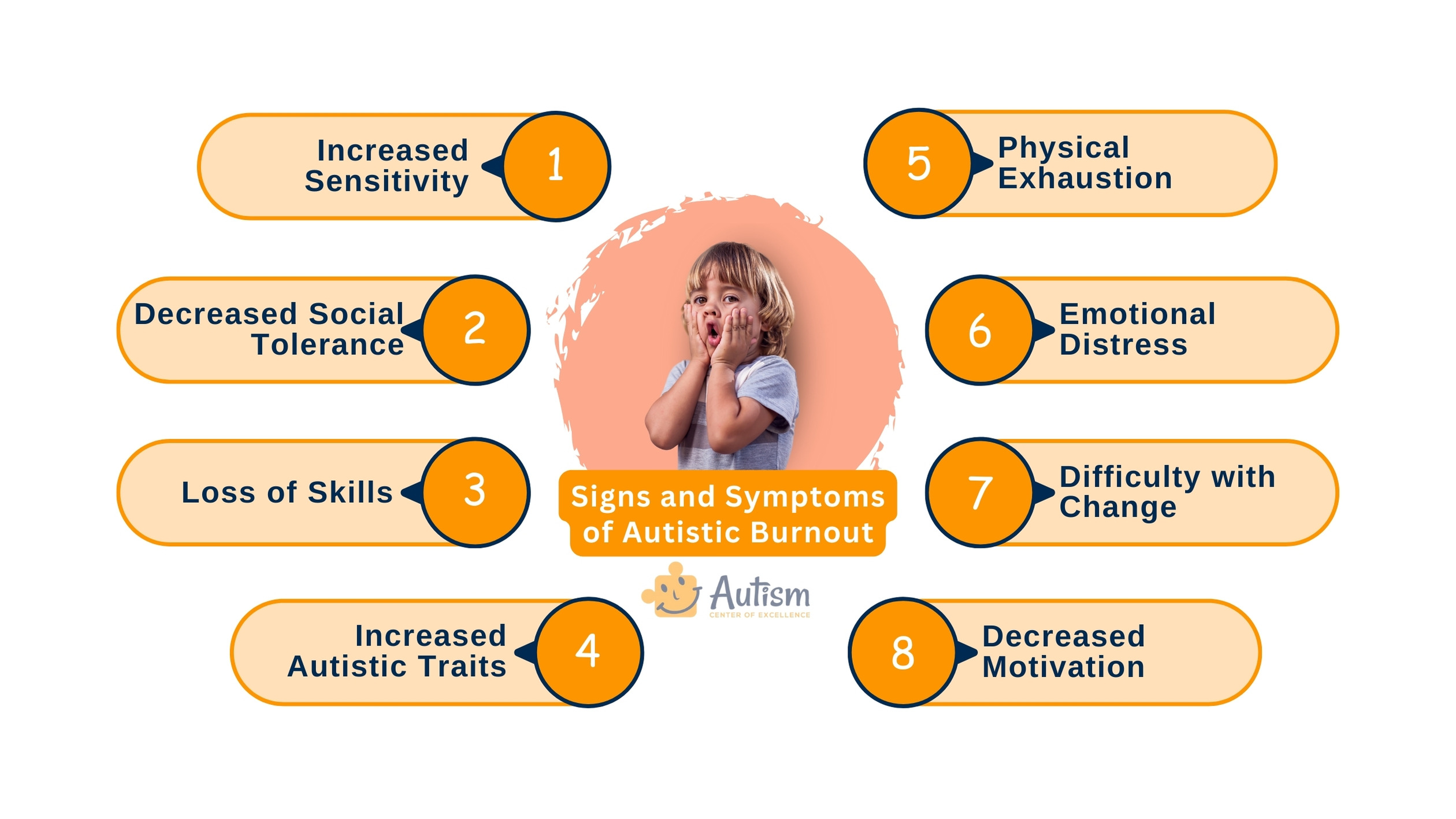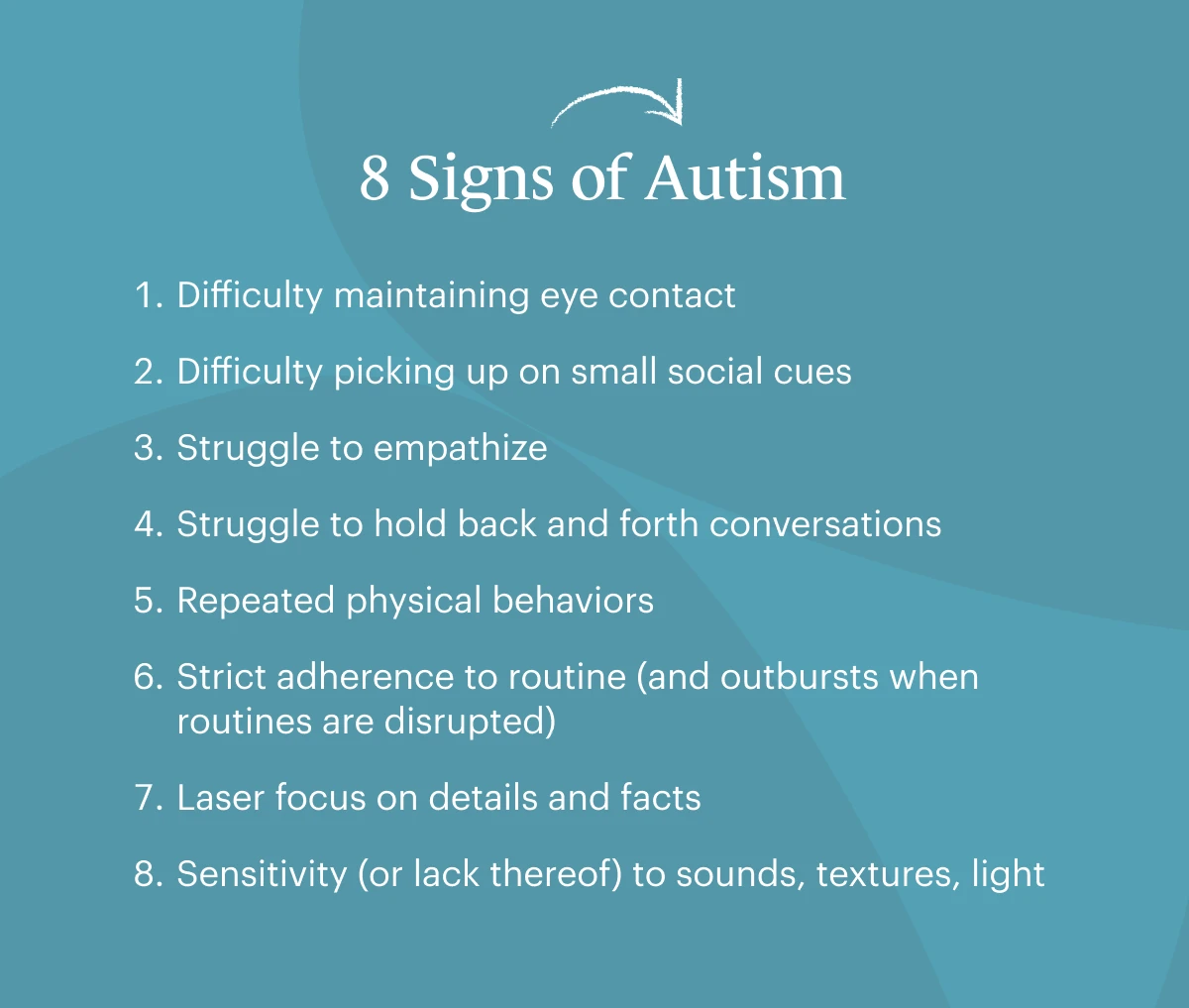Comprehending the Effect of Behavioral Autism on Every Day Life and Social Interactions
You may not understand just how deeply behavioral autism affects daily life and social communications. Individuals on the range frequently navigate a world filled with interaction hurdles and sensory overload. These obstacles can lead to irritation and seclusion, influencing their connections and overall well-being.
Specifying Behavioral Autism and Its Characteristics
Behavior autism, frequently referred to as autism spectrum disorder (ASD), encompasses a range of problems defined by challenges in social interaction, interaction, and repeated behaviors. You could discover that individuals with ASD often struggle to translate social cues, which can lead to misunderstandings in discussions. They may locate it hard to establish eye call or participate in small talk, making social circumstances really feel overwhelming.
Interaction troubles can manifest in different methods, from postponed speech development to a preference for utilizing less words. By identifying these characteristics, you can foster an atmosphere that promotes acceptance and motivates efficient interaction, assisting people with autism thrive in their day-to-day interactions.
The Spectrum of Autism: Understanding Variability in Habits
Autism range problem (ASD) isn't a one-size-fits-all diagnosis; it varies widely among individuals. You may encounter people that are highly spoken and engage easily in discussions, while others could like singular tasks or connect non-verbally.
Additionally, the way people with ASD respond to sensory input can vary significantly; some may be bewildered by brilliant lights or loud sounds, whereas others thrive in stimulating environments. The spectrum additionally includes distinctions in social communications; some individuals might struggle to analyze social cues, while others navigate social setups with family member convenience. Understanding this variability is necessary, as it assists you appreciate everyone's distinct experience and tailor support to their certain demands, promoting a much more comprehensive atmosphere for everybody.
Interaction Obstacles Encountered by People With Autism
When you connect with individuals on the autism spectrum, you may see their special communication difficulties. They commonly face problems with both nonverbal and spoken hints, which can influence their social interactions. Recognizing these barriers is important for fostering far better links and support.

Verbal Communication Problems
Numerous individuals on the autism spectrum experience verbal interaction problems that can substantially affect their daily interactions. You may locate it challenging to reveal your ideas, sensations, or needs plainly. This can result in frustration for both you and those around you, as misconceptions take place. You may deal with starting conversations, preserving a topic, or recognizing nuances in speech. Usually, you might favor using basic language or repetitive expressions, which can limit your ability to participate in deeper discussions. Your volume, tone, or speed could not line up with social expectations, causing others to misinterpret your objectives. Acknowledging these challenges can aid you and your assistance network establish methods to enhance communication and foster better links with others in your every day life.
Nonverbal Communication Barriers
Spoken interaction isn't the only difficulty individuals on the autism range face; nonverbal communication barriers can be just as substantial. You could locate it tough to interpret body language, facial expressions, and eye get in touch with, which are essential for effective interaction. These difficulties can bring about misconceptions or false impressions of social cues, making communications feel confusing or overwhelming. You might struggle to share your own emotions with nonverbal means, leaving others not sure of your objectives or sensations. This separate can produce sensations of isolation and frustration. Acknowledging these obstacles is crucial for fostering understanding and empathy in your interactions. By addressing nonverbal interaction, you can find methods to boost your social experiences and enhance your total top quality of life.
Social Communication Influences
Social communications can commonly really feel frustrating due to the special interaction obstacles faced by people with autism. Recognizing these obstacles can help you locate techniques to improve communication, such as exercising social skills in secure settings or utilizing visual aids. Recognizing your requirements allows you to navigate social communications with higher self-confidence and ease.
Social Interaction and Connection Building in Autism
While building connections can be testing for individuals with autism, understanding their one-of-a-kind perspectives and interaction styles can cultivate meaningful links. You may discover that lots of people on the spectrum choose straight interaction and might deal with social signs or tiny talk. By being uncomplicated in your communications, you can assist create a setting where they really feel my response comfortable.
Engaging in shared interests can additionally offer as a bridge to deeper connections. Whether it's a hobby, a favored show, or a mutual passion, these usual threads can open up doors to friendship.
Daily Life Routine: Navigating Difficulties and Strategies
Maneuvering every day life regimens can be specifically challenging for individuals with autism, especially when unexpected adjustments take place. You may find comfort in having a structured schedule, as it helps you expect what's next. It's typical to feel nervous or overloaded when disruptions occur. To browse these obstacles, think about executing aesthetic timetables or lists. These devices can give clarity and reassurance.
Establishing a regimen that includes sensory breaks can likewise be useful. This aids produce an understanding atmosphere.
Finally, practice mindfulness strategies to handle tension and anxiousness. Basic breathing exercises or grounding strategies can make a considerable distinction. By integrating these approaches, you can enhance your day-to-day routine and decrease interruptions, making life feel extra workable.
Toughness and Capabilities of People on the Autism Spectrum
Comprehending day-to-day life regimens is simply one aspect of the autism experience. Lots of people on the autism spectrum possess amazing staminas and capabilities that establish them apart. You might discover that your attention to information is exceptional, enabling you to master tasks that need precision and focus. Your ability to believe outside the box can cause innovative options in various circumstances.
In addition, your memory skills commonly beam, especially in areas of interest. Aba Therapist. This flair for preserving info can make you a useful resource in fields like modern technology, art, or scientific research. You may likewise display solid visual reasoning, enabling you to picture complex principles and solve issues creatively
Additionally, your special perspective on the globe can foster empathy and understanding in others, enriching social interactions. Accepting these staminas not only increases your confidence but also helps others appreciate the diverse talents you give the table.
Producing Inclusive Environments for Individuals With Autism
Producing comprehensive atmospheres for individuals with autism starts with making sensory-friendly rooms that satisfy their unique needs. You can also foster possibilities for social communication, aiding to construct links and friendships. By making these changes, you'll add to a much more inviting environment for everybody.
Creating Sensory-Friendly Spaces
While creating sensory-friendly spaces, it's vital to assess the unique needs of individuals with autism. Beginning by selecting soothing shades and soft illumination to create a calming environment. When overwhelmed, integrate peaceful areas where people can reenergize and pull back. You'll desire you could look here to reduce loud sounds and disturbances, using soundproof products or white sound makers to assist maintain tranquility. Think about tactile elements like soft materials or fidget-friendly objects that can supply comfort. Establish that areas are flexible, enabling easy reformation to fit different tasks. Finally, consist of aesthetic routines or clear signage to help individuals browse the area confidently. By attentively integrating these aspects, you can develop an inviting environment that sustains sensory demands and promotes total well-being.
Promoting Social Communication Opportunities
Creating sensory-friendly spaces not just addresses individual convenience however also sets the phase for purposeful social communications among individuals with autism. Encourage peer mentoring, coupling individuals with autism with encouraging peers that can guide them via social circumstances. By implementing these methods, have a peek at this site you can boost social possibilities, assisting people with autism build friendships and strengthen their social abilities in a safe, welcoming environment.

Frequently Asked Concerns
Exactly How Can Pals Assistance A Person With Behavioral Autism?
You can sustain a friend with behavioral autism by holding your horses, paying attention actively, and valuing their borders. Take part in activities they take pleasure in, interact honestly, and develop a comfy environment where they feel valued and recognized.
What Resources Are Offered for Parents of Children With Autism?
You can check out different resources for parents of children with autism, including support system, academic internet sites, and neighborhood social work. Getting in touch with other parents can also provide beneficial insights and shared experiences to assist browse difficulties.
Can Behavioral Autism Change Gradually?

Yes, behavioral autism can transform with time. You may discover changes in communication, social skills, and habits as your child expands. Early treatment and support typically play important roles in these developmental adjustments.
How Do Sensory Level Of Sensitivities Influence Every Day Life?
Sensory sensitivities can make everyday experiences frustrating. You might have problem with loud noises or intense lights, leading to anxiety or evasion. Locating settings that suit your demands can substantially enhance your convenience and total every day life.
What Are Typical Misconceptions Regarding Behavioral Autism?
You may believe behavioral autism only influences communication abilities, but it's even more facility. Lots of presume people lack empathy or intelligence, which isn't true. Comprehending these misunderstandings aids foster approval and support for those on the range.
Behavior autism, frequently referred to as autism range condition (ASD), includes an array of problems defined by obstacles in social communication, interaction, and repetitive habits.Social communications can commonly really feel overwhelming due to the special communication obstacles dealt with by individuals with autism.Creating sensory-friendly spaces not only addresses private convenience yet likewise sets the stage for purposeful social communications among people with autism. Urge peer mentoring, pairing individuals with autism with encouraging peers that can guide them with social situations. By applying these techniques, you can boost social possibilities, aiding individuals with autism develop relationships and enhance their social skills in a safe, inviting setting.